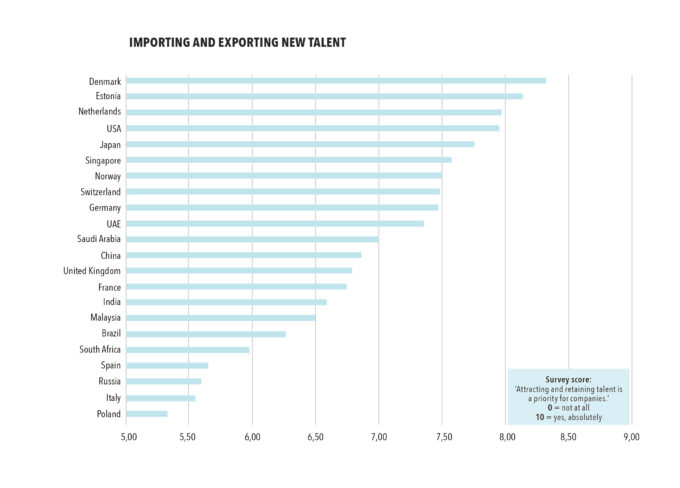Amanda gets up and goes to her “bullshit” job as a hotel receptionist. Why the derogatory tone? Because she says she finds no personal meaning in her role, and she’s not alone: when polled in a 2015 YouGov survey cited by the anthropologist David Graeber in his book Bullshit Jobs: A Theory, 30% of working Britons found none in theirs either.
Graeber defined this type of job as: “A form of paid employment that is so completely pointless, unnecessary, or pernicious that even the employee cannot justify its existence, even though, as part of the conditions of employment, [h/she] feels obliged to pretend that this is not the case.”
But Amanda is autonomous in the sense that she also pursues personal meaning – be it through playing, learning, moving, creating, caring or, indeed, “working” – by engaging in other activities at the same time. She earns $7,000 a month from her job, plus the income she receives from using three apps: Stepn, Lympo and StoreMe.
By virtue of going for a morning jog, Amanda collects non-fungible tokens (NFTs) via Stepn, the first move-to-earn blockchain running app. Move-to-earn is a fast-growing concept that rewards users with cryptocurrency for performing fitness activities, by using technology to track movement.
Next, Lympo. This is a multifunctional platform enabling her to benefit from her dedication alone. She uses it to log her daily water intake and her bedtime. She is rewarded with Lympo coins (LYM), a multi-purpose currency that uses the Ethereum blockchain, which she exchanges for discount coupons and offers from partners in the app.
The StoreMe app enables on-demand luggage storage for tourists, business travelers and locals. Amanda uses it to rent out her spare room to suitcases and earns a fee for her trouble.
Overall, Amanda’s $7,000 monthly salary is, according to a survey published in the journal Proceedings of the National Academy of Sciences, hitting the financial sweet spot for happiness in the US, where she lives. She is an example of what could well become much more widespread, especially since the pandemic.
Autonomy, which is what Amanda is experiencing, is one of a set of feelings, including mastery, purpose, and making a meaningful contribution, that drives tomorrow’s generation as much as, if not more than, having cash in their pocket.
The American author Daniel H Pink first grouped together these three elements of what he called true motivation in his 2009 book Drive: The Surprising Truth About What Motivates Us. He argued that a deeply human need to direct our own lives, to learn and create new things, and to do better by ourselves and our world were all more motivational than financial reward.
This has become more pronounced since the pandemic, driving the Great Resignation of 2021 when record numbers of workers quit their jobs. Autonomy and flexibility will likely characterize Generation Z (those currently aged 10-25) in the workplace, just as it currently does Millennials and Generation X.

Audio available

 Audio available
Audio available



